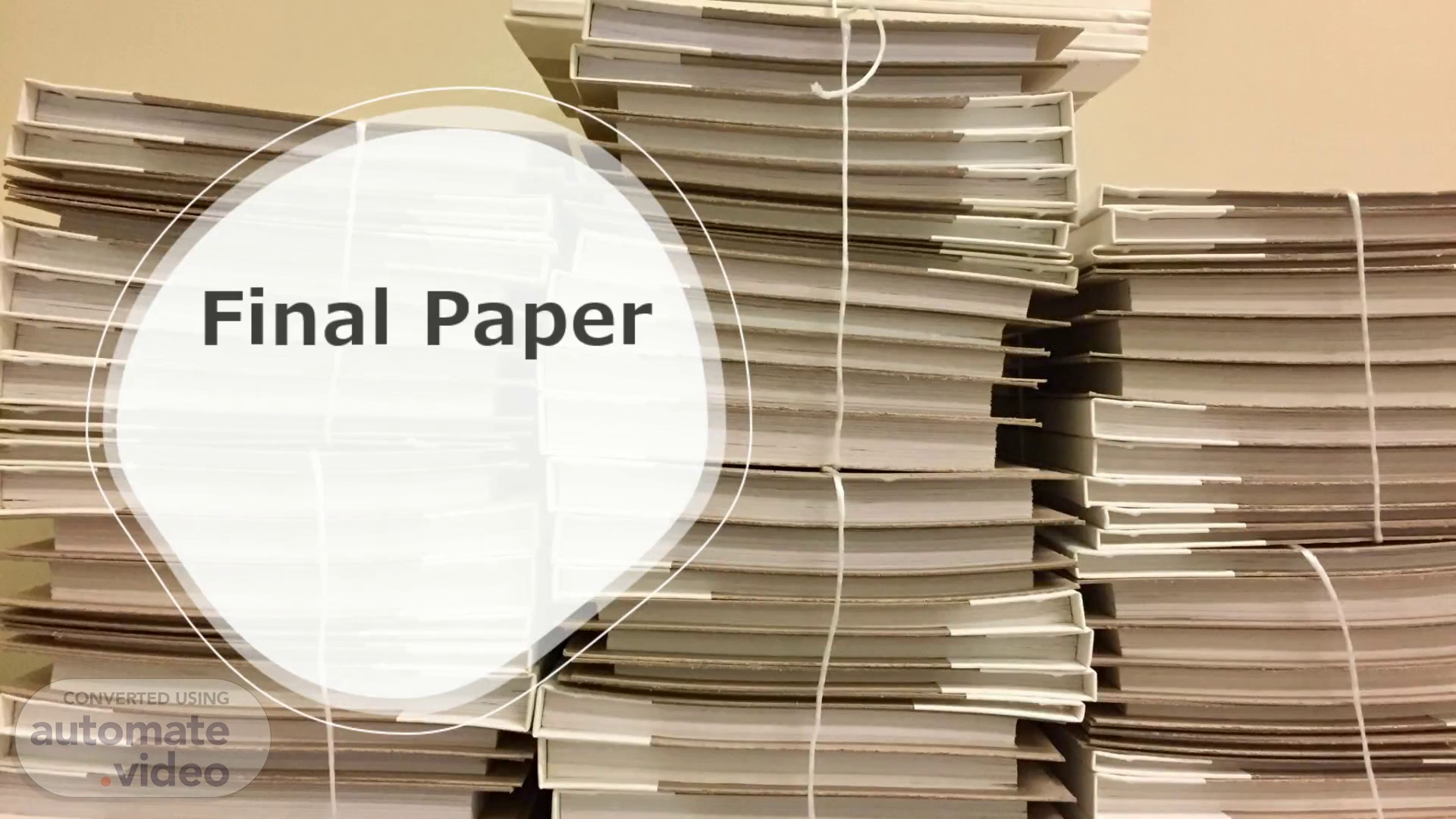Scene 1 (0s)
[Audio] Final paper, by Tyler Meyers. Piles of paperwork.
Scene 2 (8s)
[Audio] Thesis.. In a "post truth" society, only decentralization of media and multiplicity of ideas could bring about a shared and agreed upon perception of reality..
Scene 3 (21s)
[Audio] What is Post-Truth? Post-truth reality is an erosion of common perceptions held by a society. Instead, what is considered true becomes subject to specific categories of people. Even our institutions are seeing an erosion of what they once believed to be true. For example, the University of California dropped their SAT and ACT requirement because they were believed to be systematically oppressive toward people of color. This is an ethical and moral value being attributed to statistical data..
Scene 4 (58s)
[Audio] Jean-Jacques Rousseau was a famous western philosopher from the 1700's who continued the social contract theory, first theorized by Thomas Hobbes. The Social Contract theory is an agreement between individuals and the population as a whole or governing body ( sovereign). Rousseau asserts we give up our " freedoms" to the sovereign in exchange for safety from the freedoms and dangers of others..
Scene 5 (1m 24s)
[Audio] One inescapable problem in our post-modernist/post-enlightenment society is the idea that all reality is defined by perception. If we assume there's societal consciousness, or a balance in the individual costs of our freedom's that allows for prosperity within society, it makes sense that this would also be the process of an agreed upon societal perception of reality..
Scene 6 (1m 49s)
[Audio] Why is this important? Entire institutions are built upon once objective views of reality. When individual perception is granted authority in deciding societal truths, what was once considered objectively true needs to be revisited. Just one example is the societal acceptance in the possibility of being born ( soul or perception) into the wrong body, resulting in transgenderism. *Remember this is just one example*.
Scene 7 (2m 19s)
[Audio] Friedrich Hayek was a 19th century philosopher and economist who theorized that the prosperity of a society relied upon innovation, creativity, entrepreneurship. He theorized how free markets would help to determine the value of goods and services. Entrepreneurs find problems that need solutions in society and creatively work to solve them in return for a profit. For example, before air conditioning people were more likely to die from natural causes involving weather events such as heat waves..
Scene 8 (2m 54s)
[Audio] Factitious reality.. Technical innovations have provided concentrations of power to manipulate the perception of consumers, bringing more and more people under concentrated umbrellas of subjective reality being paraded as objective. Like Rousseau's theory all these idea's will be subject to public scrutiny when they begin to affect the average person in society. This can be seen in regions where the idea of transgenderism being embraced by institutions was rejected while others enacted legislation expanding the teachings..
Scene 9 (3m 28s)
[Audio] What's is a possible solution to reach consensus? Assuming the process by which value is determined by consumers is correct, it's suggestive that we treat ideas as products of our creation and anyone willing to trade ideas with as consumers. Freedom of speech is essential for the marketplace of ideas. Societal scrutiny will take care of ideas that aren't valuable. We also need multiplicity. Decentralizing media sources could possibly further the creation of echo chambers, but arguably more-so it would provide the multiplicity needed to allow for a variety of ideas that will improve society for every individual and bring us closer to an agreed upon idea of liberty. Any attempt to censor should be viewed as an attempt to be an arbiter of truth through force like vicious colonizers of thought..
